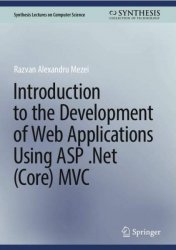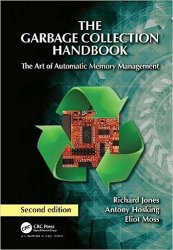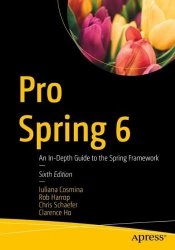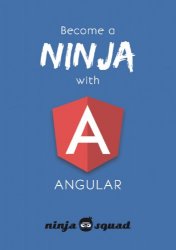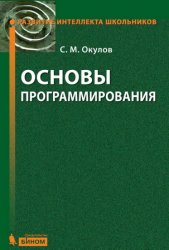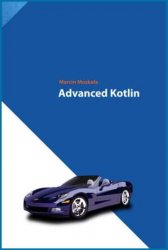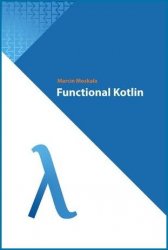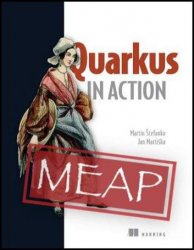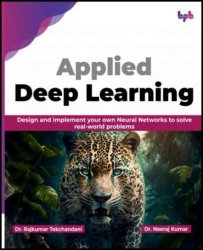- Добавил: literator
- Дата: 5-07-2023, 17:49
- Комментариев: 0
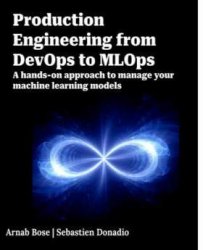 Название: Production Engineering from DevOps to MLOps
Название: Production Engineering from DevOps to MLOpsАвтор: Arnab Bose, Sebastien Donadio
Издательство: Leanpub
Год: 2023-06-29
Страниц: 124
Язык: английский
Формат: pdf (true), epub
Размер: 10.2 MB
The book to bridge DevOps and MLOps. This book takes a DevOps approach to MLOps and uniquely positions how MLOps is an extension of well-established DevOps principles using real-world use cases. It leverages multiple DevOps concepts and methodologies such as CI/CD and software testing. It also demonstrates the additional concepts from MLOps such as continuous training that expands CI/CD/CT to build, operationalize and monitor ML models. This book targets three different personas. First, data engineers and DevOps engineers who manage ML data and model platforms, deploy ML model software into production and monitor them. Second, full-stack data scientists who not only build ML models but work on the end-to-end stack of the ML lifecycle starting with data ingestion to production deployment and monitoring. Third, project managers who need to understand the intricacies of the different steps in taking an ML model to production.

